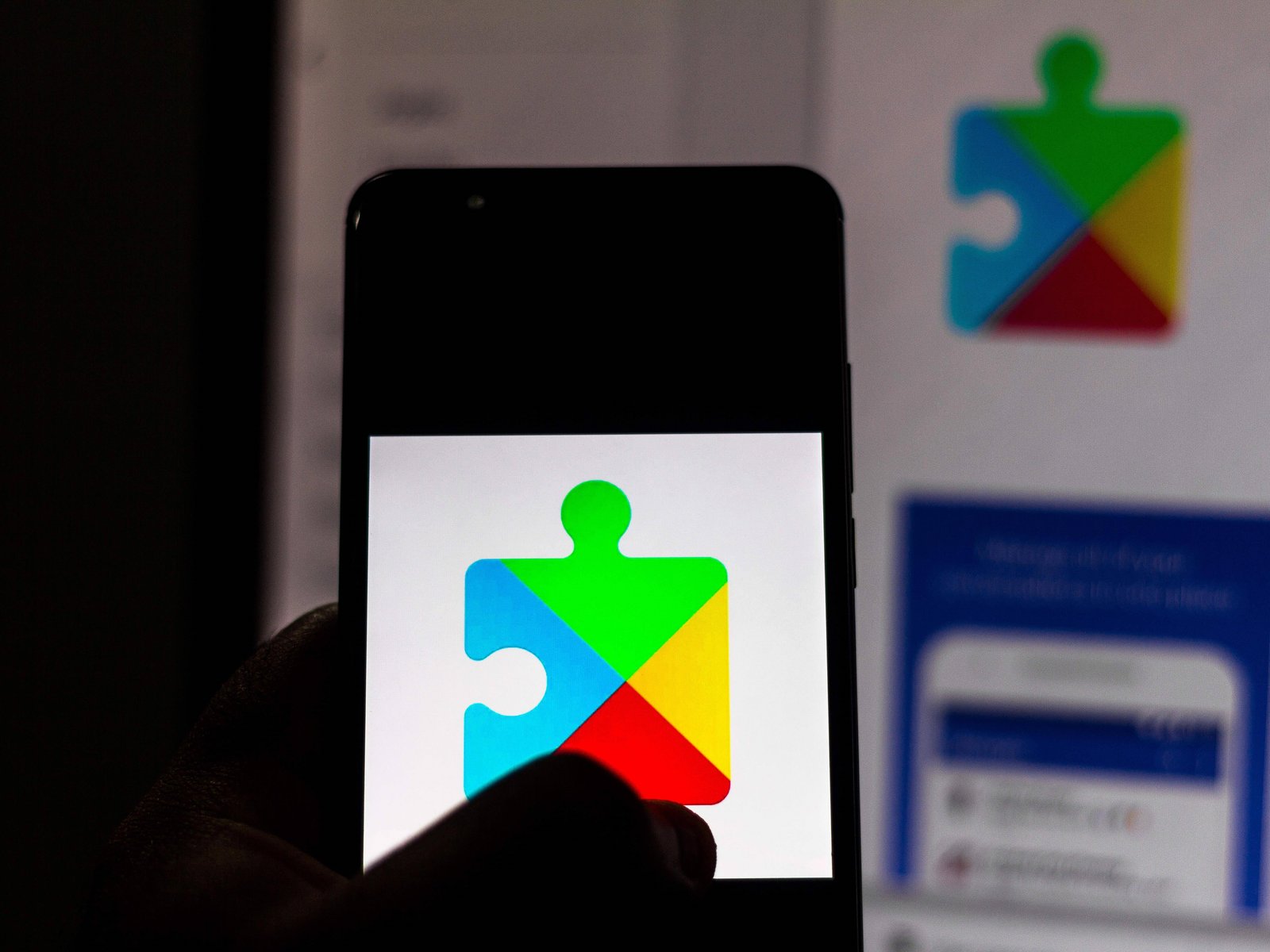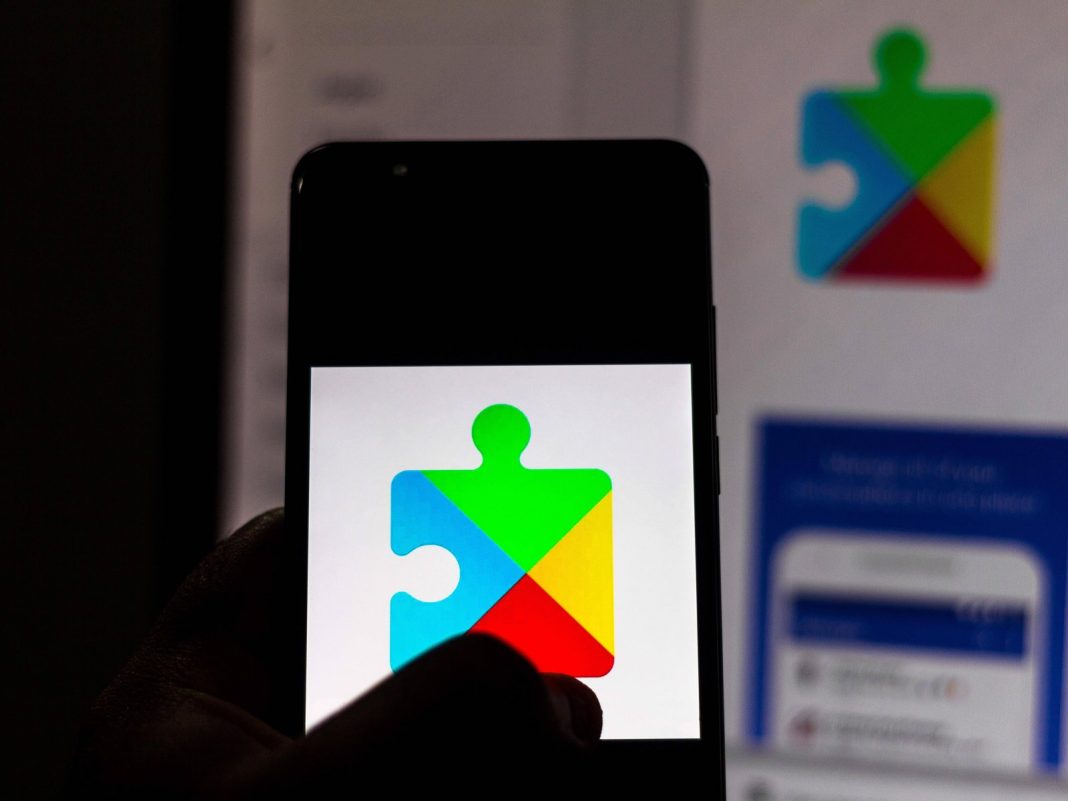 Cellphone service carriers may soon be required to unlock customers’ cellphones within 60 days after activation, according to a new proposal by the U.S. Federal Communications Commission (FCC). The agency believes that these new unlocking rules would offer consumers the freedom to switch from one mobile wireless service provider to another more easily, as long as their phone is compatible with the new provider’s network. Unlocking a phone allows consumers to use different mobile networks and promotes competition in the wireless services market.
Cellphone service carriers may soon be required to unlock customers’ cellphones within 60 days after activation, according to a new proposal by the U.S. Federal Communications Commission (FCC). The agency believes that these new unlocking rules would offer consumers the freedom to switch from one mobile wireless service provider to another more easily, as long as their phone is compatible with the new provider’s network. Unlocking a phone allows consumers to use different mobile networks and promotes competition in the wireless services market.
However, telecommunications firm Verizon has warned against imposing unlocking requirements on carriers. They argue that such requirements may disincentivize carriers from offering deeply discounted phones, as they would not be able to recoup their subsidies if customers immediately switch to another carrier. Verizon claims that device locking periods benefit low-income consumers by making devices more affordable and reducing the barriers to entry for mobile service.
Verizon’s concerns highlight the delicate balance between consumer freedom and carrier incentives. While unlocking phones would certainly provide consumers with greater flexibility and choice, it could also have unintended consequences, such as reducing the availability of discounted phones and limiting options for low-income customers. As the FCC moves forward with its proposal, it must carefully consider these factors and seek public comments to understand the potential impact on service providers’ incentives.
This issue of phone unlocking has also been a point of contention in recent acquisitions within the industry. T-Mobile’s acquisition of Mint Mobile raised concerns about unlocking periods. Four consumer groups wrote to the FCC, requesting that T-Mobile commit to a shorter unlocking period for all devices on its network. They argued that locked phones not only make it difficult for consumers to change carriers but also limit handset availability, particularly for smaller carriers and new entrants. Unlocked phones, on the other hand, promote a robust secondary market for used devices and provide consumers with more affordable options.
In response to these concerns, T-Mobile stated that within 60 days of closing the acquisition, the company will implement unlocking for all Mint Mobile devices activated on the T-Mobile network. This commitment demonstrates a recognition of the importance of unlocking in promoting consumer choice and a competitive marketplace.
It is worth noting that in 2014, the CTIA, which represents the U.S. wireless communications industry, adopted six standards for mobile device unlocking. One of these policies states that carriers must unlock devices upon request or provide the necessary information to do so once the contract period ends.
For consumers who are interested in unlocking their phones, the FCC advises them to speak with their service providers to determine their eligibility. Service providers can provide guidance on the unlocking process and any applicable requirements.
Overall, the FCC’s proposal to require cellphone service carriers to unlock phones within 60 days of activation has the potential to enhance consumer freedom and promote competition in the wireless services market. However, it must carefully consider the concerns raised by carriers like Verizon and ensure that the unlocking requirements strike a balance between consumer choice and carrier incentives. By doing so, the FCC can create a regulatory framework that benefits both consumers and the industry as a whole.


